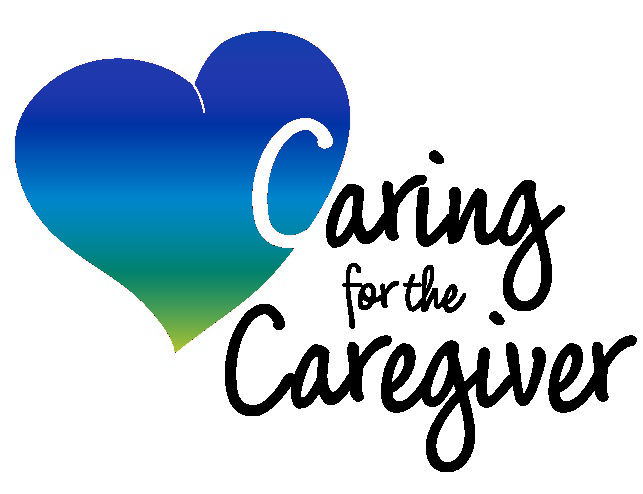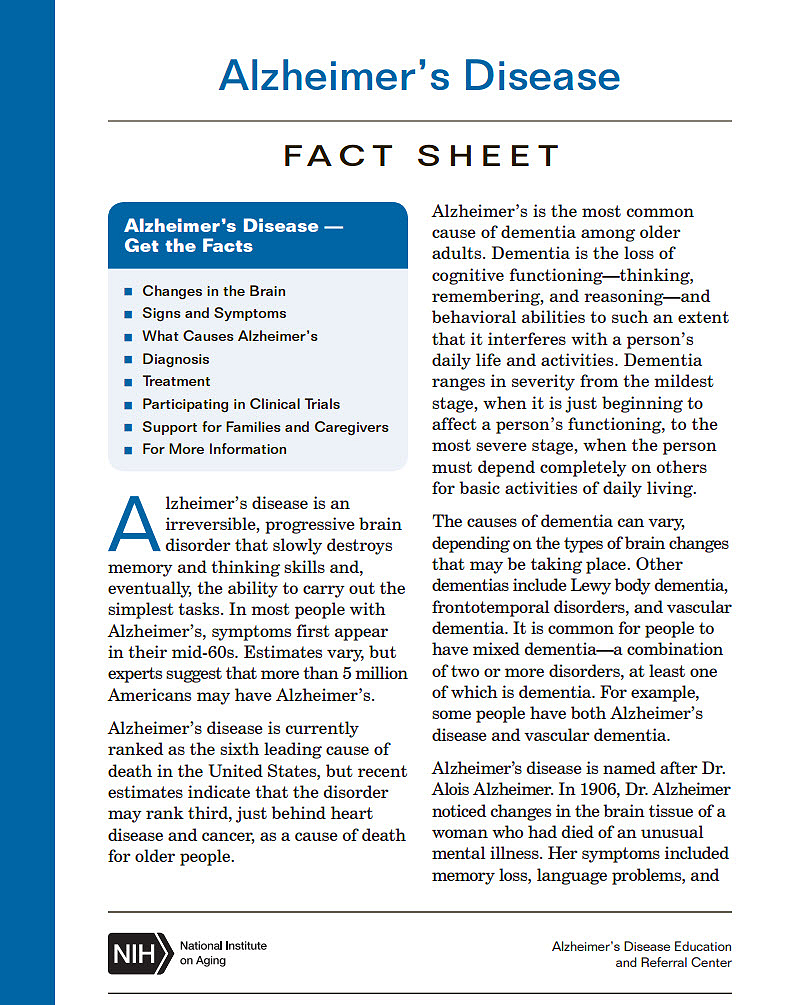(Mayo Clinic with Angela Lunde) Your comments over the past couple of weeks have been filled with useful and practical strategies for managing day to day caregiving. More importantly, many of your ideas and strategies arise from the ingenious creativity that only caregivers can offer.
For example, Pat bought an executive desk chair with wheels for her husband (she says it makes him look like the former bank executive that he was) and now she can easily wheel him into the bedroom or wherever needed.
Bob wrote that he requests a booth rather than a table when eating in a restaurant so he doesn’t have to worry about her standing up, potentially falling, or wandering off.
Despite the useful caregiving strategies many of you share, clearly the stress of caregiving is the most consistent theme in your recent comments. In my experience, one of the most significant ways caregivers cope is by taking regular breaks. Most of you would agree that respite care (hired or volunteer help) is a good idea and is important for caregiver survival. Yet, for numerous reasons, there’s often a great deal of reluctance around accepting help.
I understand that bringing a stranger into the home can seem like a big gamble. We may fear that no one else can do it like we can, or that they may not be sensitive to our loved one’s needs or cares.
Donna shared an all too common concern that her husband with dementia doesn’t want anyone else involved in his care. Some of you wrote that your person with dementia would feel miserable, anxious, angry or uncomfortable with someone new. And most caregivers would put guilt at the top of the list as reasons not to consider respite care services.
In addition, obtaining in-home (or an adult day) respite services competes with denial. Caregivers often feel that their person with dementia isn’t at the point where they need someone watching them. Using respite services requires a level of acceptance about the progressive nature of the disease. The decision to use respite care can be emotionally rough.
And, of course, there can be a financial barrier.
So, while I do have a sense of what keeps you from using respite, let me offer a few strategies to consider.
- Believe that earlier is better — I encourage each of you to establish respite care early — well before it becomes necessary. This way the risks are low if the person doesn’t work out — you can try someone else. In the early stages of a dementia, the respite caregiver is more of a companion and there’s a greater opportunity for the two to create a meaningful connection; it feels less like a “sitter” to the person with dementia. As the disease progresses, the respite caregiver begins a subtle transition into a more direct caregiving role.
- Don’t ask for permission from your person with dementia.You’ll never get it. A person with dementia generally lacks the ability to understand their own needs and limitations, much less yours. This is a decision only you can, and should make. Be assured you are making the best decision on behalf of the person with dementia.
- Frame the arrival of a respite caregiver in a way that makes sense to the person with dementia. If you say, “A caregiver will be coming to stay with you when I leave,” you’ll likely be faced with a great deal of resistance. Nobody wants to feel like they need a babysitter or that they’re giving up personal control. In addition, persons with Alzheimer’s feel a great deal of anxiety around the anticipation of new people, new situations or a change in routine.
Instead, consider saying something like, “I really need some help so Martha is coming to spend a little time at the house.” Or, “There’s a college student who really wants to hear about your hobby, or career as a __________ (fill in the blank); I’m so excited to have him meet you.”
Some caregivers have said it’s best not to say anything in advance and when the new caregiver arrives, they simply invite them in, have lunch, get acquainted, and then after a bit, casually mention you need to run an errand. Get the idea?
- Accept guilt as normal and ever present. One reason, among many, for guilt is that we set unreasonably high standards for ourselves. Yet it’s not practical to think that we need to eliminate all feelings of guilt. We simply need to accept that guilt comes with loving.
- Look for a combination of fee-based services and volunteer (donated) services to help manage the cost. Lela Know Shanks in her book, “Your Name is Hughes Hannibal Shanks”, wrote this: “If I made cost my first consideration, I never would have hired a respite caregiver at all. And I have often had to use my savings to pay for such relief. But that is what savings are for — emergencies; and when the primary caregiver is stressed out it is an emergency.”
Call the Alzheimer’s Association toll free Helpline to locate respite care in your area at 1-800-272-3900.
“We are entitled to decide we can longer do it alone.”

Angela Lunde
http://www.mayoclinic.org/diseases-conditions/alzheimers-disease/expert-blog/respite-care-strategies/bgp-20055921/?utm_source=newsletter&utm_medium=email&utm_campaign=alzheimers-caregiving
© 1998-2015 Mayo Foundation for Medical Education and Research. All rights reserved.








